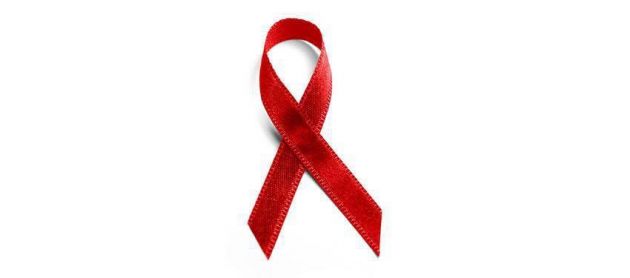HIV and AIDS news: Is cure on its way soon?

Human Immunodeficiency Virus (HIV) and its consequent disease Acquired Immune Deficiency Syndrome (AIDS) continue to affect more people each year, with the number of patients testing positive increasing as well. Medical researches to find a possible cure have long started, and recent reports suggest a breakthrough in the fight against the disease.
The battle against HIV and AIDS is quite difficult since the virus and the disease attack the infected person's ability to fight off infection. When an individual is infected with HIV, just like with other viruses, the body produces antibodies against HIV. However, HIV stays in the body and gradually weakens the patient's immune system, which eventually leads to AIDS.
A patient diagnosed with AIDS may die from the simplest infections due to the body's inability to fight infection. A recent scientific report published by Nature.com suggests the scientists may have found a way to eradicate the virus in its early stages.
According to the report published in March, a "shock and kill" approach may trigger elimination of virus-producing cells. The process includes modifying certain proteins to recognize HIV genetic codes. The modified protein then releases an enzyme that targets the virus.
Crossmap, however, also published a report about a research in France involving people who, despite contracting HIV, do not get infected with AIDS. The report states that a French girl was presented during a recent AIDS meeting in Vancouver. The girl is said to have been born with HIV and has started treatment for the virus when she was six.
The report does not specify at what age the treatment stopped, but it says that the subject skipped a year of treatment, and when she got back, doctors found the virus still in the blood stream yet inactive.
While early treatment could have helped in keeping the patient healthy, further studies will be made prior to conclusion. The study is ongoing with 100 patients and a more comprehensive and conclusive result is expected by 2018.